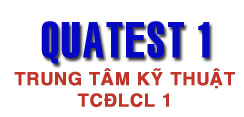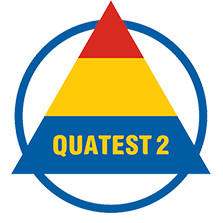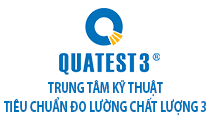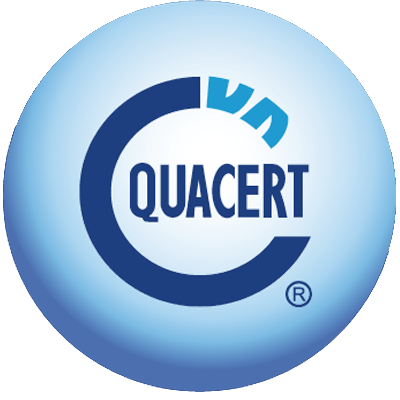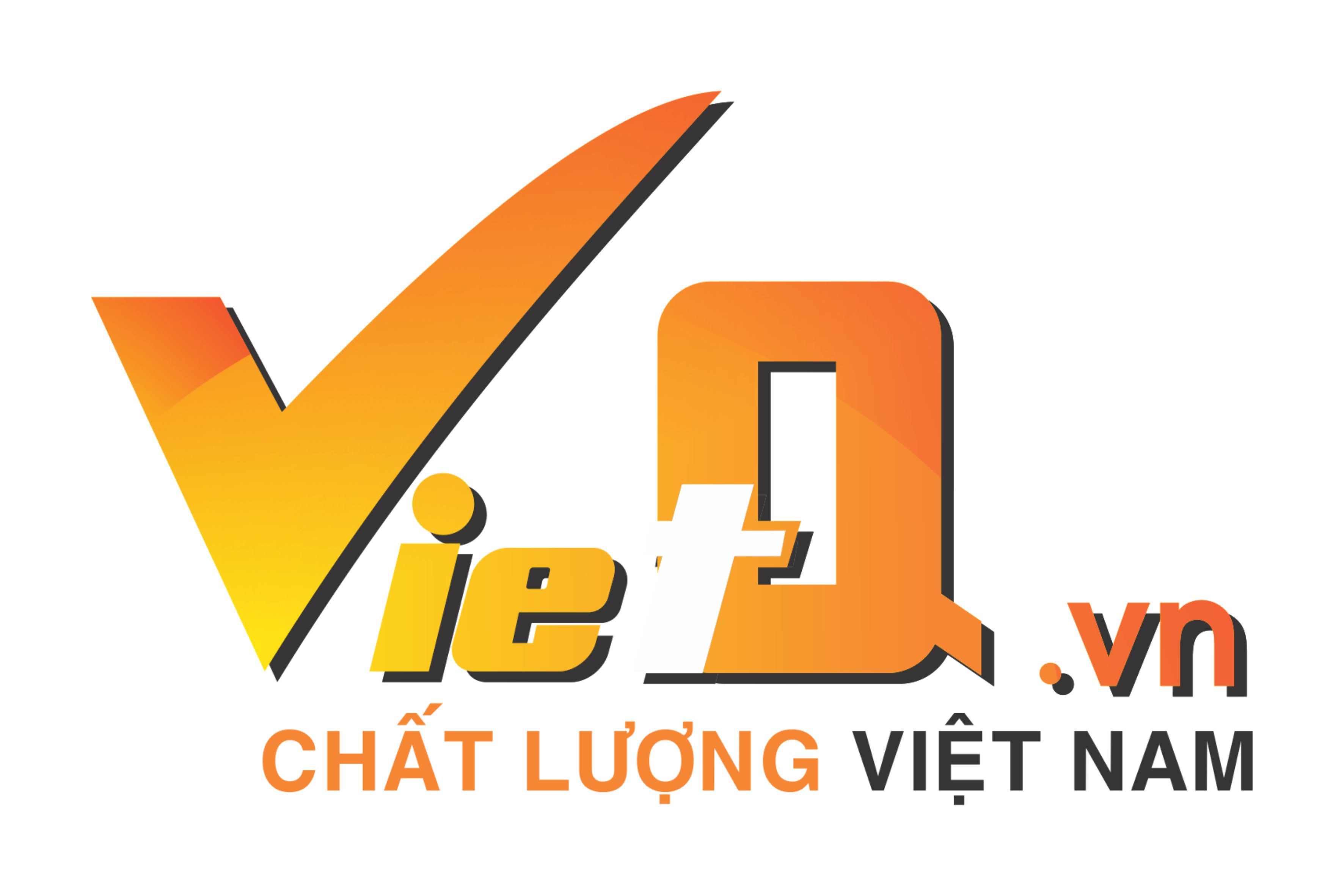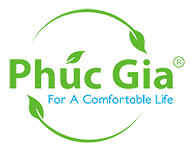Workshop promotes development of Halal industry in central highlands region
Post date: Monday, Apr 8, 2024 | 11:24 - View count: 418
A workshop themed “Prospects and solutions to developing the Halal industry in the Central and Central Highlands regions” was held in the central highlands province of Gia Lai on April 5.
The event was co-hosted by the Directorate for Standards, Metrology and Quality’s Vietnam Certification Centre (QUACERT), the Gia Lai Provincial Department of Science and Technology and Institute of South Asia, West Asia and Africa Studies (ISAWAAS).
The workshop aimed to analyse and evaluate the potential to promote the development of Halal industry in the central and central highlands regions as well as propagating legal requirements, standards, and certification related to the Halal industry for key products of the localities.
The Halal market is considered a potential one with rapid growth and an opportunity for Vietnam to develop the Halal industry. According to the Halal Development Cooperation of Malaysia, the global Halal market was valued at 3 trillion USD in 2020 and is estimated to reach 5 trillion USD in 2030.
Among the countries in the region, Vietnam has many favourable conditions to develop the Halal industry thanks to its favourable geographical location and many strengths in agriculture, food, tourism and services. However, in reality, Vietnamese businesses face certain difficulties in producing and exporting Halal products.
Particularly, with advantages in agricultural and forestry development, the central and central highlands regions have become a large-scale production area for a number of key agricultural products including coffee, rubber, pepper, fruits, ect., are suitable products for Muslims. Therefore, businesses have the opportunity to effectively participate in the global Halal market.

Commenting on opportunities for key export products of Vietnam and the Central Highlands, Associate Professor, Dr. Dinh Cong Hoang, Institute of South Asian, West Asian and African Studies , informed about geographical location, Vietnam is close to the Halal market, because 62% of the population follows Islam in Asia; Regarding raw materials, there are many products such as rice, coffee, tea, spices, pepper, agarwood, beans, vegetables and fruits…; In terms of production capacity and brand, Vietnam is in the top 20 largest foreign trade countries in the world. In addition, that participating in “new generation” high-quality FTAs with markets with strict standards such as the EU, USA, Japan… is an important foundation for Vietnam to access the Halal market.


Mr. Dao Ngoc Cuong, Deputy Director of the Department of Science and Technology of Gia Lai province, said that the natural land area of the whole province is 1,551,013 hectares, ranking second in the country. With the characteristics of the province having a large natural area, climate and soil conditions suitable for large-scale agricultural and forestry development and converging the necessary elements to form a center of fruits, vegetables, flowers, medicinal herbs, forestry and large-scale livestock farming. Many agricultural products of the province are exported to 185 countries and territories around the world. In particular, a large proportion of agricultural products such as vegetables, tea, coffee, cashews, pepper, passion fruit… have met food hygiene and safety standards and are considered very suitable for Halal market and popular with the Muslim community. However, currently the province’s agricultural products exported to the Halal market are mainly raw and semi-processed.
Addressing the workshop, Acting Director General of the Directorate for Standards, Metrology and Quality (STAMEQ) Ha Minh Hiep said to support businesses in accessing accurate information about Halal standards of international markets and Halal certification requirements, the STAMEQ, authorised by the Ministry of Science and Technology, signed Decision No. 689/QD-TDC, dated March 29, 2024, on the establishment of the National Halal Certification Authority (HALCERT).
The HALCERT will provide certifications for products, goods and services following Halal standards; organise training and coaching activities on Halal standards and requirements for Vietnamese organisations and businesses; and carry out international cooperation activities in the field of Halal.
As planned, this year, the HALCERT will conduct registration procedures for the certifications of Halal products to be recognised in the UAE, Saudi Arabia, Qatar and Malaysia markets.
Speaking at the event, QUACERT’s Director Tran Quoc Dung affirmed that with advantages in agricultural and forestry development, the central and central highlands region has become a large-scale production area for several key products such as coffee, rubber, pepper, and fruit trees. These are products suitable for the needs of the Muslim market. Therefore, businesses have the opportunity to effectively participate in the global Halal market.
The participants discussed the economic and cultural aspects of Halal products and services, the export potential for key products from Vietnam’s south-central and southeastern regions, requirements for Halal products and services in Islamic markets, and the experiences in producing and exporting Halal products from several organisations and businesses.














